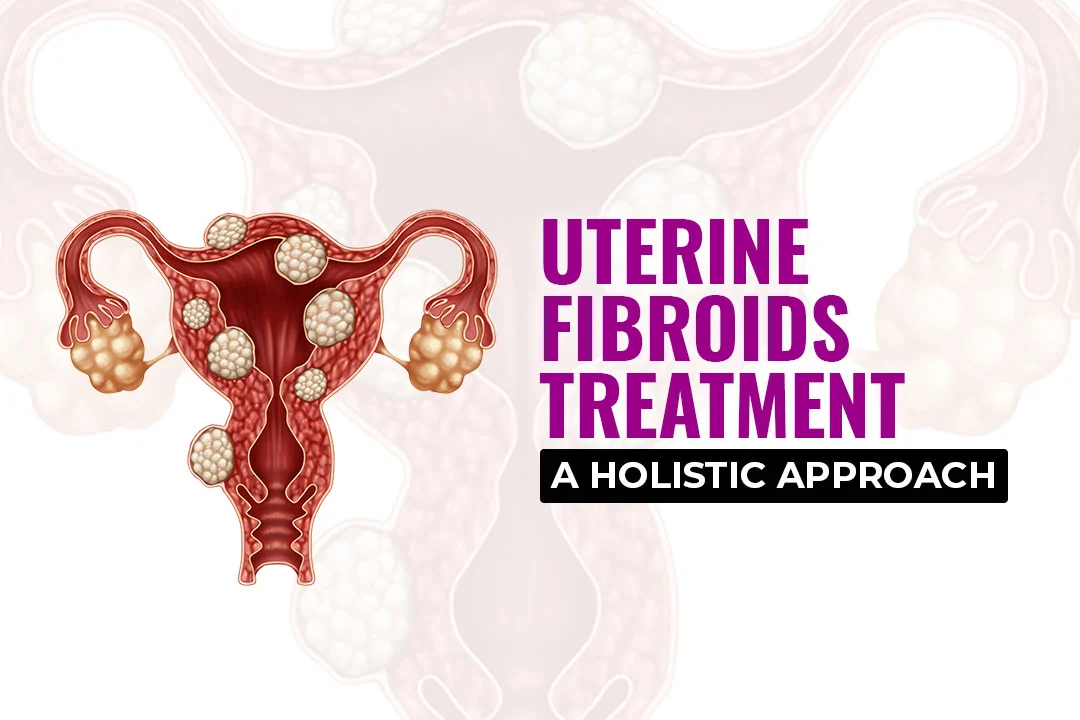
Understanding Uterine Fibroids
Uterine fibroids are noncancerous growths of the uterus that often appear during childbearing years. These growths are also known as leiomyomas or myomas. While they are not usually associated with an increased risk of uterine cancer, they can cause discomfort, heavy menstrual bleeding, and other symptoms that significantly impact a woman’s quality of life.
Symptoms and Diagnosis
Symptoms of uterine fibroids can vary depending on their size, number, and location within the uterus. Common symptoms include:
1. Heavy menstrual bleeding: Experiencing prolonged or heavy periods.
2. Pelvic pain and pressure: Feeling discomfort or pressure in the pelvic area.
3. Frequent urination: Needing to urinate more frequently than usual.
4. Constipation: Difficulty passing stools.
5. Backache or leg pains: Experiencing pain in the lower back or legs.
Diagnosing uterine fibroids typically involves a combination of pelvic exams, ultrasound imaging, and other diagnostic tests such as MRI or CT scans.
Treatment Options
Dr. Sabita Kumari’s Approach
Dr. Sabita Kumari, a renowned expert in uterine fibroids treatment, advocates for a holistic approach that addresses the root causes of the condition. Her treatment methodology focuses on the following aspects:
Nutrition: Adopting a healthy diet rich in fruits, vegetables, whole grains, and lean proteins can help manage uterine fibroids. Dr. Kumari emphasizes the importance of reducing consumption of processed foods, sugar, and caffeine, which can exacerbate symptoms.
Lifestyle Modifications: Engaging in regular exercise and stress-reduction techniques such as yoga or meditation can support overall well-being and potentially alleviate symptoms associated with uterine fibroids.
Herbal Remedies: Dr. Kumari incorporates herbal supplements and traditional remedies into her treatment plans, tailored to each patient’s individual needs. These may include herbs like chasteberry, turmeric, or ginger, known for their anti-inflammatory and hormone-balancing properties.
Medical Interventions
In addition to holistic approaches, various medical interventions are available for managing uterine fibroids:
Medication: Hormonal medications such as birth control pills or GnRH agonists may help regulate menstrual cycles and reduce symptoms associated with uterine fibroids.
Minimally Invasive Procedures: Procedures like uterine artery embolization (UAE) or focused ultrasound surgery (FUS) can shrink or remove fibroids without the need for surgery.
Surgical Options: In cases where fibroids are large or causing severe symptoms, surgical interventions such as myomectomy or hysterectomy may be recommended.
Finding a Uterine Fibroids Treatment Doctor in Faridabad
For individuals seeking specialized care for uterine fibroids in Faridabad, it’s essential to choose a knowledgeable and experienced healthcare provider. Dr. Sabita Kumari stands out as a leading expert in the field, offering compassionate care and personalized treatment plans tailored to each patient’s unique needs.
With her holistic approach and commitment to patient well-being, Dr. Kumari has earned a reputation as a trusted authority in uterine fibroids treatment. Patients can expect comprehensive evaluations, individualized care, and ongoing support throughout their treatment journey.
Conclusion
Uterine fibroids can have a significant impact on women’s health and quality of life, but effective treatment options are available. By embracing a holistic approach that addresses the underlying causes of the condition, individuals can find relief from symptoms and improve their overall well-being. With the expertise of professionals like Dr. Sabita Kumari, individuals can navigate their journey to better health with confidence and peace of mind.
FAQ:
Q: What are uterine fibroids?
A: Uterine fibroids, also known as leiomyomas or myomas, are noncancerous growths that develop in the uterus. These growths are common during childbearing years and can vary in size, number, and location within the uterus.
Q: What are the symptoms of uterine fibroids?
A: Symptoms of uterine fibroids can include heavy menstrual bleeding, pelvic pain and pressure, frequent urination, constipation, and backache or leg pains. The severity and frequency of symptoms can vary depending on factors such as the size and location of the fibroids.
Q: How are uterine fibroids diagnosed?
A: Diagnosing uterine fibroids typically involves a combination of pelvic exams, ultrasound imaging, and other diagnostic tests such as MRI or CT scans. These tests help healthcare providers assess the size, number, and location of the fibroids and determine the most appropriate treatment approach.
Q: What treatment options are available for uterine fibroids?
A: Treatment options for uterine fibroids vary depending on factors such as the size, number, and location of the fibroids, as well as the severity of symptoms. Options may include medication to regulate menstrual cycles, minimally invasive procedures to shrink or remove fibroids, or surgical interventions such as myomectomy or hysterectomy.
Q: How can I find a uterine fibroids treatment doctor in Faridabad?
A: Finding a uterine fibroids treatment doctor in Faridabad involves researching healthcare providers who specialize in gynecology and have experience treating fibroids. Dr. Sabita Kumari is a highly respected expert in uterine fibroids treatment in Faridabad, known for her holistic approach and personalized care.
Q: What is Dr. Sabita Kumari’s approach to uterine fibroids treatment?
A: Dr. Sabita Kumari advocates for a holistic approach to uterine fibroids treatment that addresses the root causes of the condition. Her treatment methodology includes nutrition counseling, lifestyle modifications, herbal remedies, and a range of medical interventions tailored to each patient’s individual needs.
